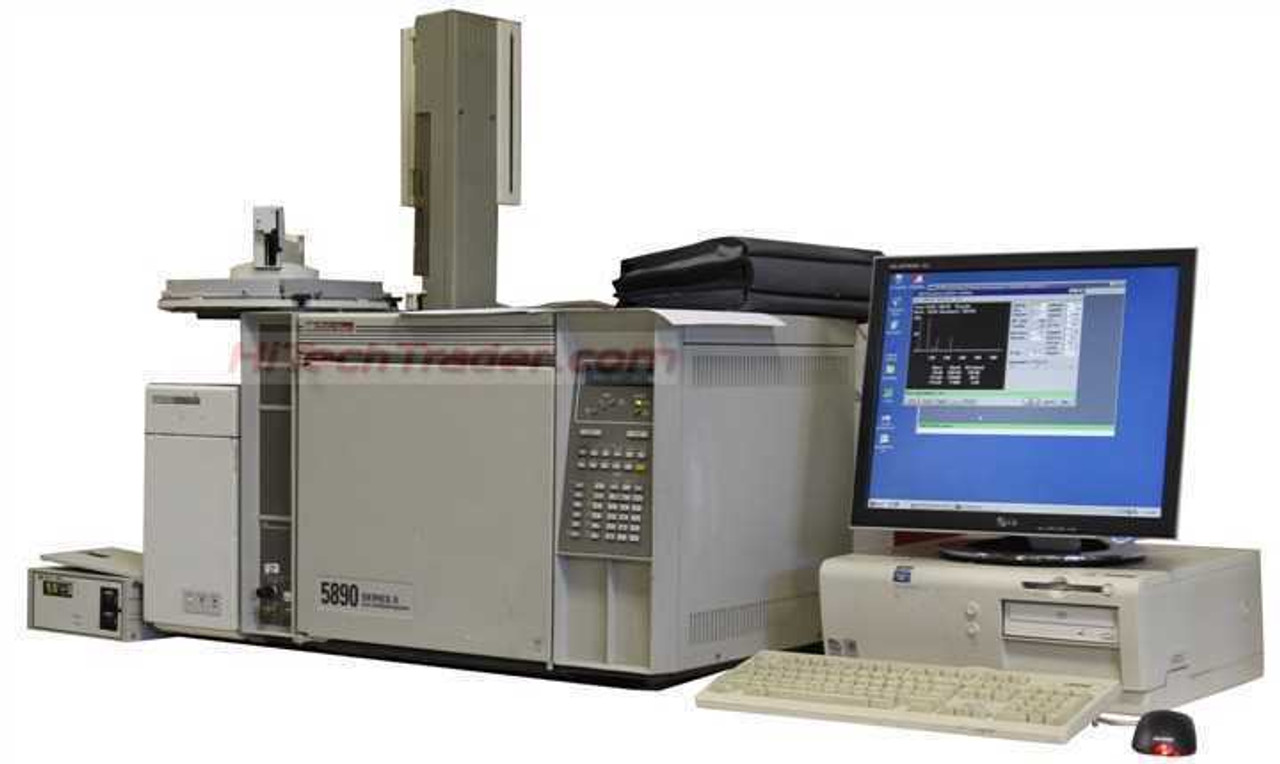Mass-Spectrometer
Mass Spectrometers
Mass spectrometers are an analytical apparatus used for separating isotopes, molecules, and molecular fragments according to mass. The mass spectrometer produces charged particles (ions) from the chemical substances and then uses electric and magnetic fields to measure the mass or weight of the charged particles. This analytical technique uses an energy electron beam to ionize atoms or molecules and then separates them based on mass-to-charge ratios. They detect the speed at which a positively charged ion moves through a vacuum toward a negatively charged plate.
In What Industries Are Mass-Spectrometers Used?
Mass-spectrometers are used for a wide variety of applications in many industries, including but not limited to the pharmaceutical and biopharmaceutical industries, in forensic toxicology, metabolomics, and proteomics. They are also used in clinical research.
What are Mass Spectrometers Used For?
Mass spectrometers are used to measure the mass-to-charge ratio (m/z) of one or more molecules present in a sample. These measurements are often used to calculate the exact molecular weight of the sample components as well to identify unknown compounds via molecular weight determination, to quantify known compounds, and to determine structure and chemical properties of molecules.

